Swiss service, local knowledge
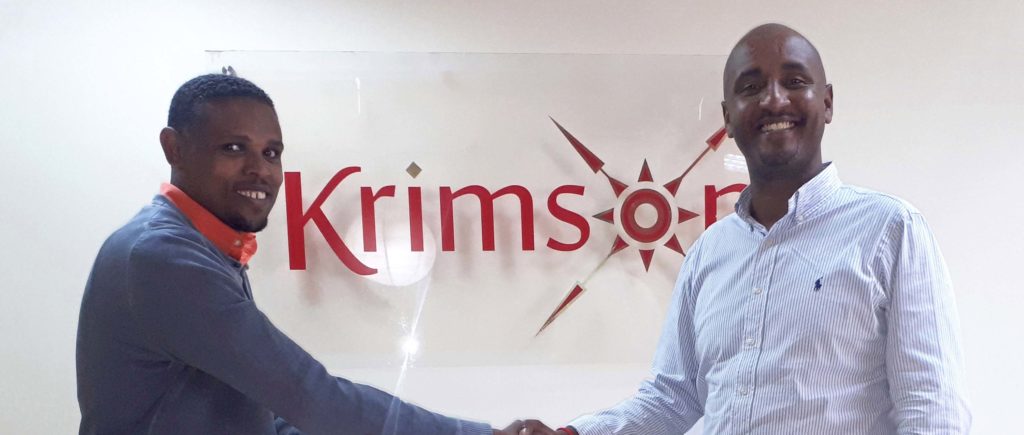
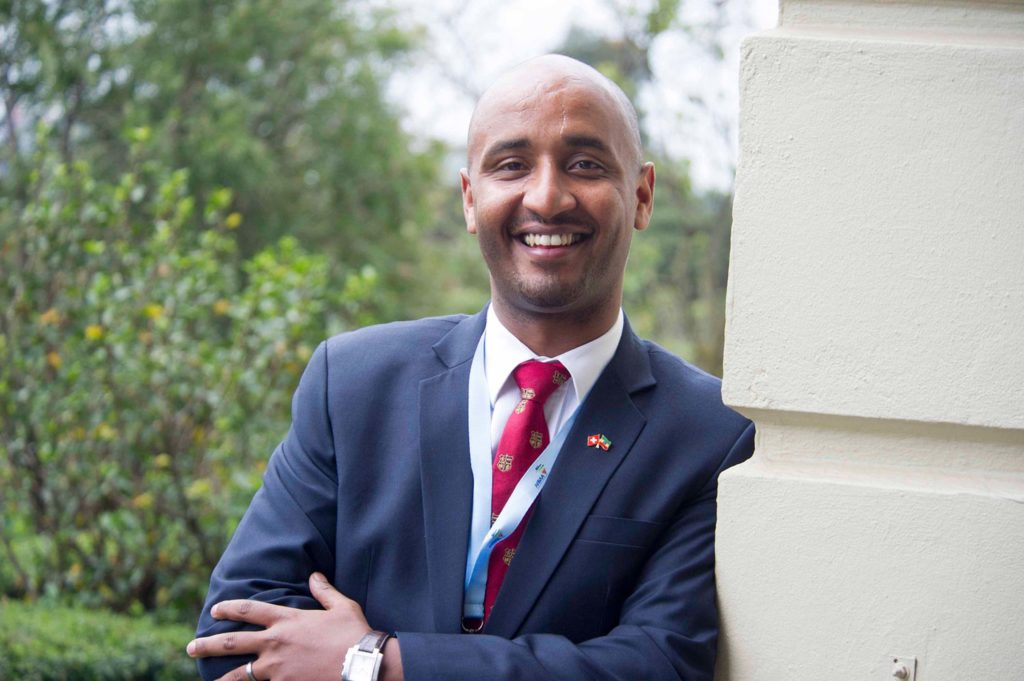
“I think in Ethiopia and the surrounding countries that we are seeing a paradigm shift in the business aviation sector.”
We started in flight support. In 2015, I reached out to all the major trip support companies, but unfortunately they already had agents in Ethiopia. So, I started reaching out to the smaller ones. We started off with five flights, including two from Fireblade my first client.
By 2016 we had 11 flights, and by 2017 we had 16 flights. As of December 2018 we had 100 flights.
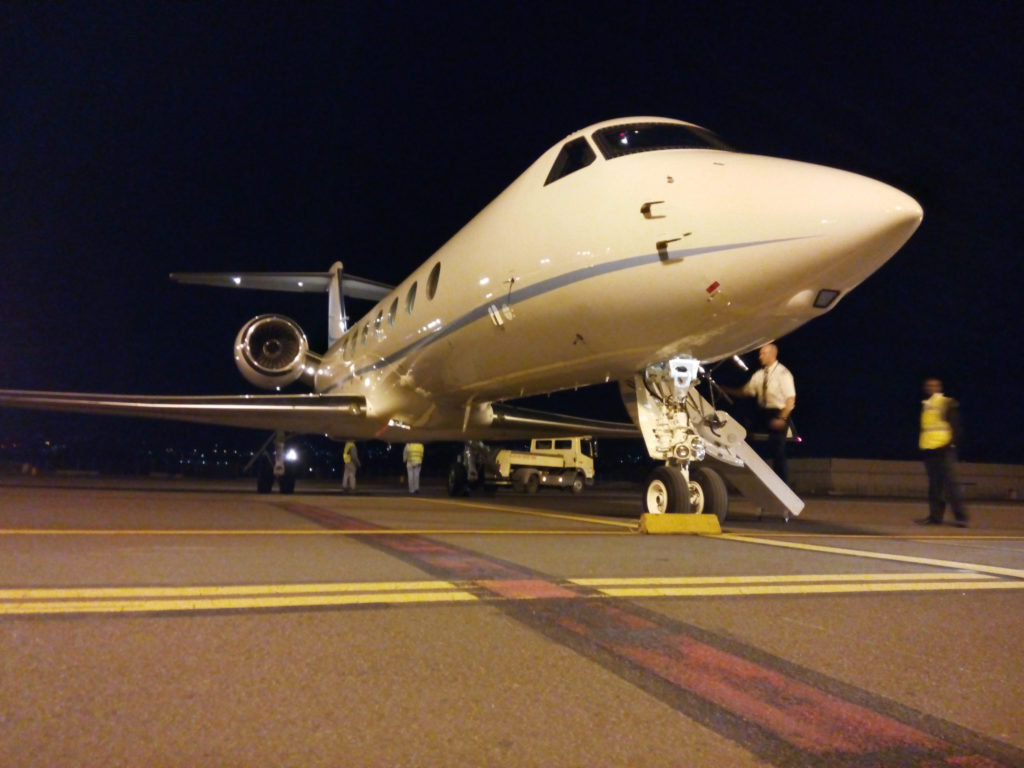
What do you think has powered your growth and success?
I think is due to our reputation. Having had grown up all over Africa and visited the majority of sub-Saharan Africa, except for western Africa, I have a good local knowledge of eastern and southern Africa. But having lived and worked in Switzerland – especially with a company like TAG – I was instilled with the sense of quality and delivery. So our company provides Swiss quality service, with African local knowledge.
We offer the best of both worlds. We have established relationships with the local vendors, the local suppliers and developed trust with them.
This means that we’re able to implement, or push for the standards that we know our clients require, but at the same time it is a two-way conversation. I get calls from my vendors about an operation that is not my client, but they are asking me how to go about resolving issues.
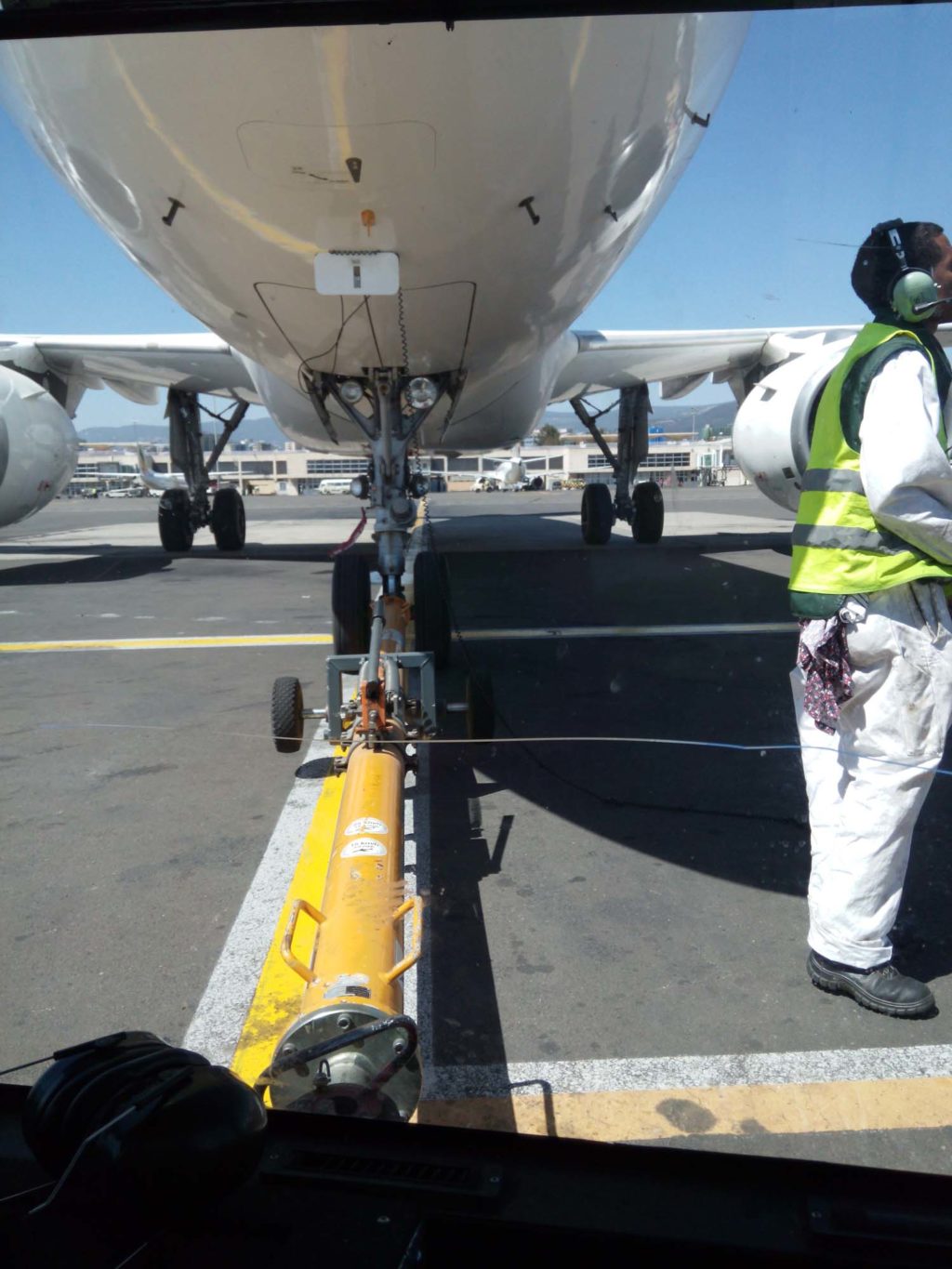
You have now expanded beyond flight support. What other areas do you cover?
We now offer charter brokerage. We support the local operators in Ethiopia, and through my network in having worked in the African Business Aviation Association (Afbaa) I get a lot of requests from people outside of Ethiopia. They’ve seen us and when they ask, “who do we know in Africa?” it will be me, as they saw me at the Afbaa conference or they spoke to me at EBACE.
We have also been getting a lot of requests for charters and aircraft leasing. The local operators want me to market their aircraft, and the foreign clients are requesting an aircraft to lease or to broker. Again I think this was something that came organically. I had no plans to become a charter broker, or an aircraft leaser or a middleman. The requests just started coming. That is the best sort of growth.
“People don’t realise all the moving parts that surround an aircraft when it lands – the catering, the fuel, the baggage belt loader. That is what makes aircraft fly, and that is what I love. That is my favourite part of aviation, and I say that as a former pilot.”
We have also moved into MRO solutions, where we are a JSSI Alliance member. Because I was a former mechanic as well as a pilot, I give technical support to local operators, and regional operators in terms of finding the best solution for them. So whenever they have an AOG we normally get the call.
A bout 18 months ago, someone that I met through the Afbaa meeting in Lagos, Nigeria, called me and said ‘Our aircraft has problems. We blew a tyre and then had an engine fail.’ So it was on the ground at Addis Ababa.
They already had a flight services company – a very big flight services company – but I knew who to call at customs when the part came in. I knew about getting the mechanics in through Immigration quickly, with their parts – making sure there was someone to meet them from their commercial flights. We got the hangar space for them, making sure they had all their services and then making sure that the aircraft went out without issues.
When this happened I realised that there was a need. A niche need, but it was there. It developed organically from ad hoc AOG support to providing MRO solutions for local operators and then operators from outside Ethiopia looking for a trusted supplier, offering quality service.
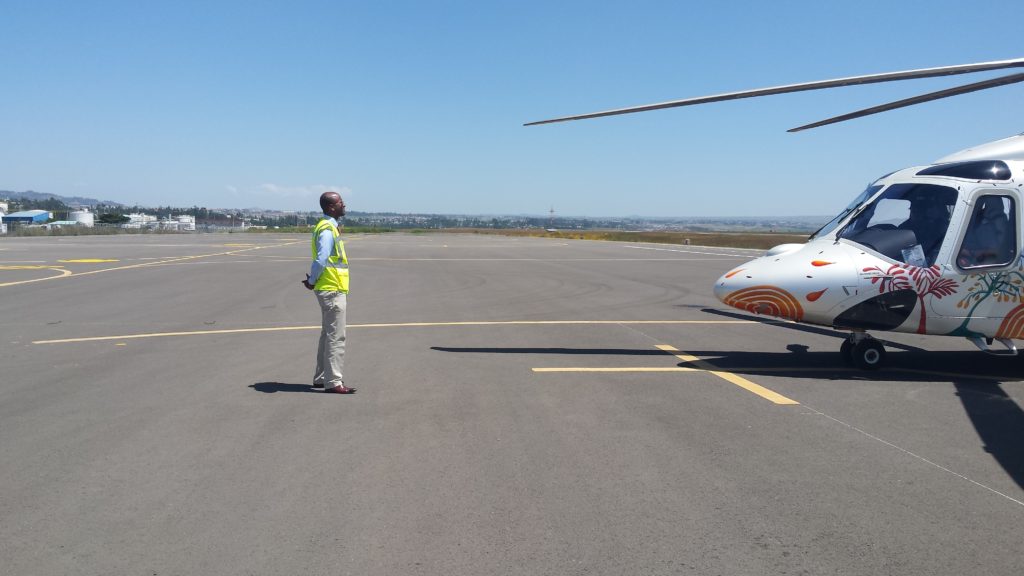
Is it difficult to find the right talent for your services?
It can be, but we are lucky in Ethiopia. Because Ethiopian Airlines has been here for over 70 years there is definitely an aviation culture. Ethiopians know about aviation. Working for Ethiopian Airlines is a symbol of pride. And interestingly, not everyone wants to be a pilot. There are people who want to be mechanics, who want to be ground staff, who want to be ticket sales agents. So we have a talent pool, but finding the talent who know the soft factors and nuances of business aviation is challenging.
For example, on a business jet, from a ground handling perspective, the crew is the most important client. The passengers come off and they’re gone, but if the services are not up to par, the crew are going to notice. You will lose a contract because the crew report it back. It is the small nuances like that that you don’t find easily. And not just in Ethiopia, I think in most countries in Africa, because business aviation culture is not developed, but it is growing.
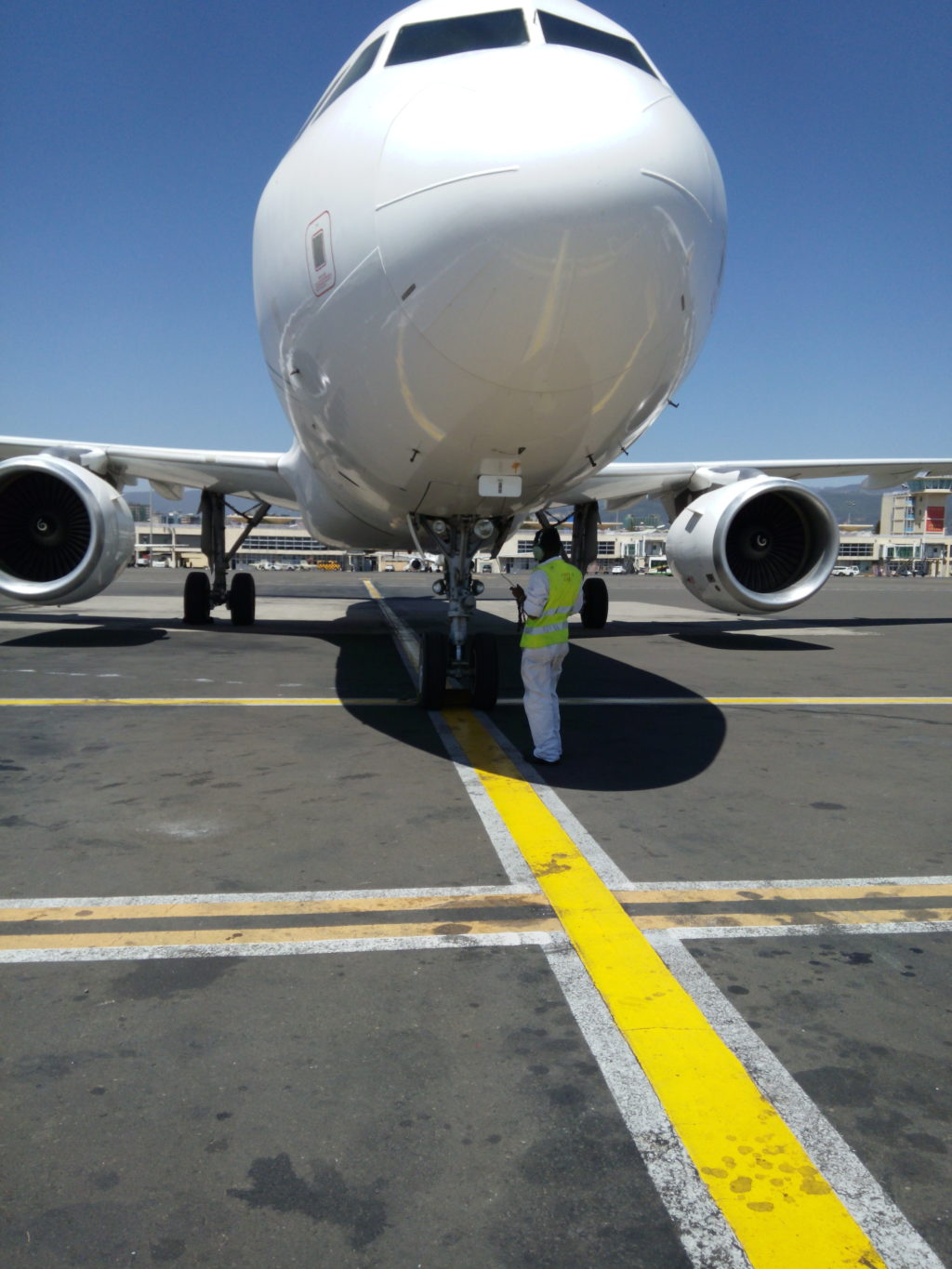
Where are the main areas of business aviation growth?
Some of the fastest growing economies in the world are in Africa, so naturally that brings in investors and people who need to be in multiple areas at one time. You will see a natural organic growth in that. However, in my opinion, where you really will see the growth is East Africa. I think East Africa is going to be a hub for business aviation and commercial GA as well. First of all there is the geographical location. It is halfway between Tokyo and North America, Stockholm and Johannesburg – much like Dubai. From a geographical perspective it is logistically ideal. You also have strong aviation culture in countries like Ethiopia, Rwanda and Kenya, who have strong airlines.
You also have a region, especially north of Kenya, that has been closed from the rest of the world and is now starting to open up. There is investment, there’s oil, and tourism is a big industry. So there are plenty of opportunities for growth for business aviation in the region.
There’s an airway that crosses Ethiopian and Eritrean airspace, a key connector between the Middle East and Africa, which has opened up, and you have a lot of traffic flowing up to Egypt. That is good for our business as well. We have had an over 300 per cent increase in overflight permit requests, technical landing stops and fuel stops.
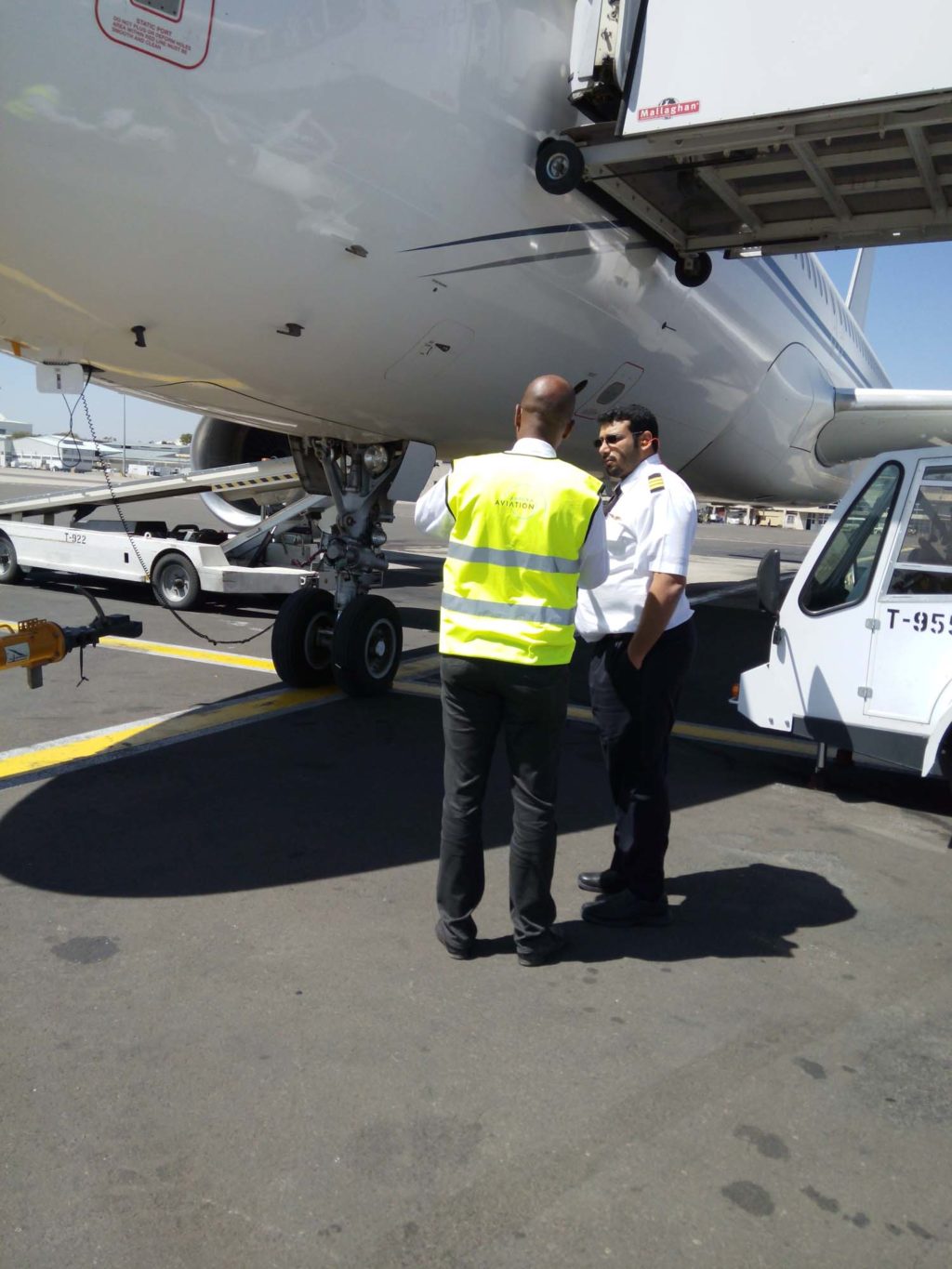
Do you have many Middle Eastern clients?
Most of my clients are Middle East trip support companies, in flight support – the smaller ones, not the bigger ones. But that is a sector that has grown fast. While there are three or four big international players, the smaller ones rely on people like me to make sure that there is someone to provide their service for them. And someone on the ground who offers a high level of service. That is how we qualified for the licence.
“Being an operator is not really something I am looking for, but I am open to partnering up with someone if they ask me to become an operator.”
What difference does it make to you and the business?
It is an assurance of quality. The Civil Aviation of Ethiopia now requires anyone who is in Flight Support to be licensed. You also have to have a business licence. It was a very arduous task. We had to prove financial liability, staff, qualifications, licences, aviation expertise, but we were one of the first to get the licence.
For me, it is co-signing that we are doing a good job. We are recognised by the CAA for our quality and following of regulatory procedures.
It is a reassurance to companies coming into the country and the region. I am very proud to be able to have received this certification. It is an assurance of quality.






